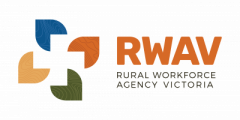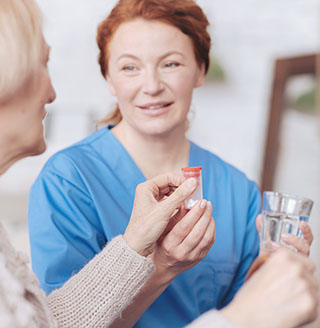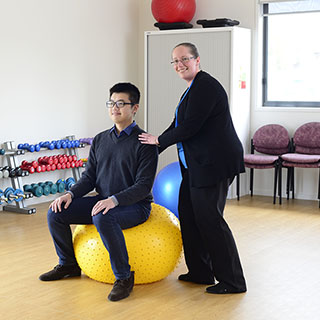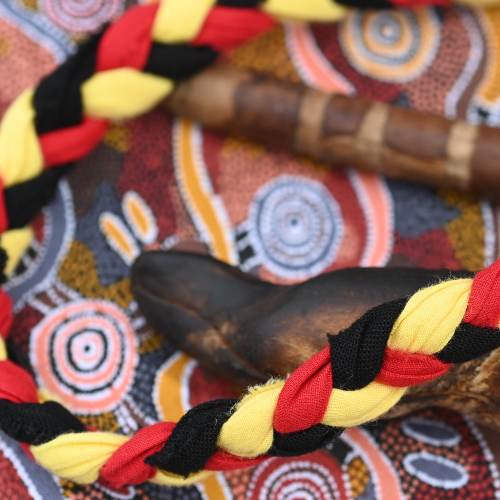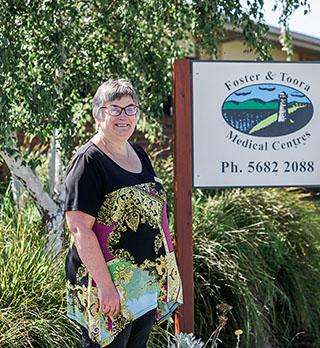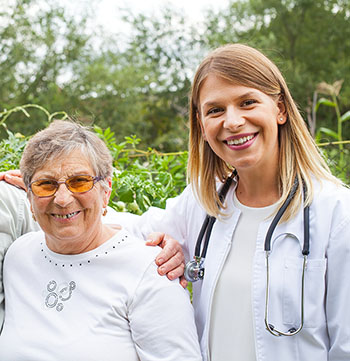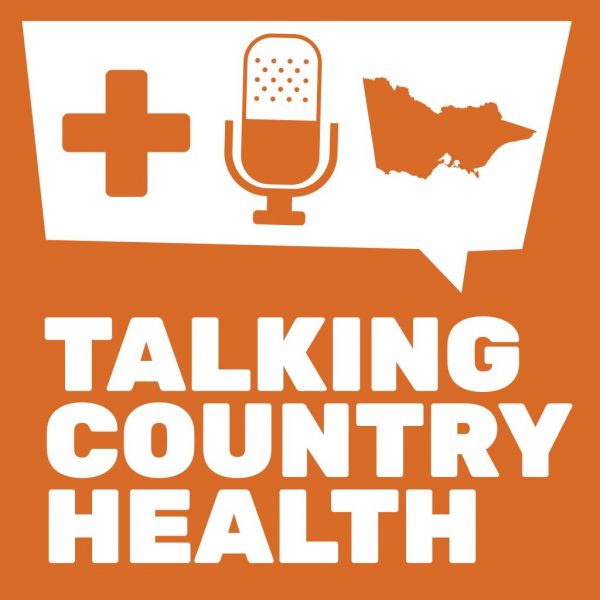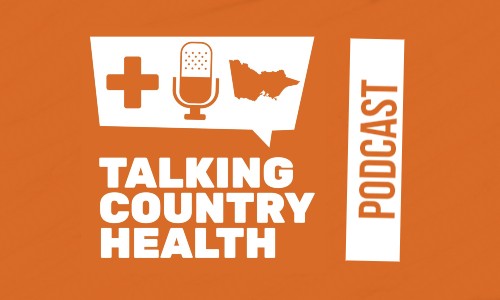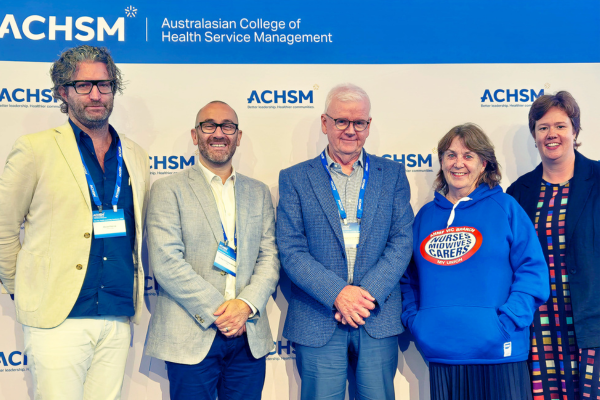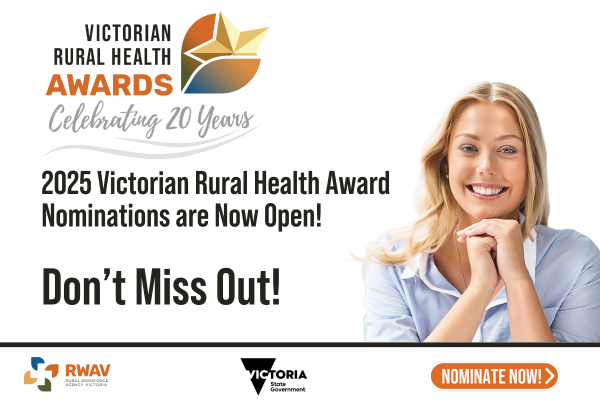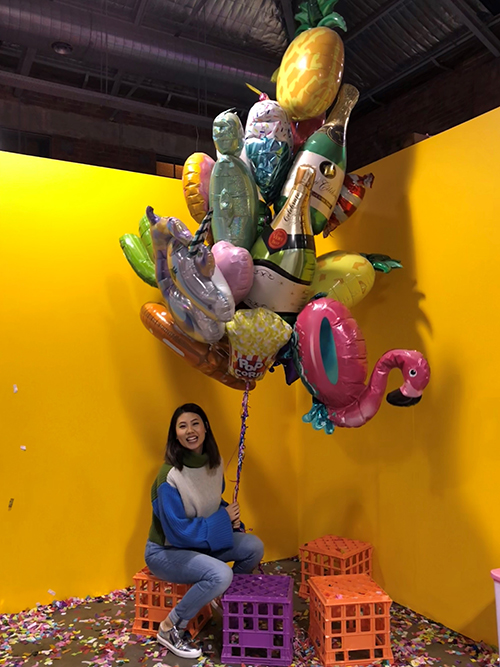
Zeyu Li is an Oral Health Therapist working at South West Care in Warrnambool. As a recipient of RWAV’s Allied Health Postgraduate Scholarship, Zeyu is undertaking a Graduate Certificate in Dental Therapy, which will allow her to treat patients of all ages. We chatted with Zeyu to hear more about her background and accessing dental health services in rural Victorian communities.
You are currently working as an Oral Health Therapist at South West
Healthcare in Warrnambool. Can you tell me a bit about your journey in rural
health?
In my final year of university, I did a research project on tele-dentistry and
how rural health and accessibility to services can be improved with advances in
technology and communication. This sparked my interest in public health in
rural communities. I then joined the dental team in South West Healthcare in
2015. Thus far, I have worked at three South West Healthcare sites
(Warrnambool, Portland and Hamilton) alone and provided service to multiple
outreach programs in remote communities in Casterton.
In your opinion, how important is the need for dental practitioners in rural and regional Victoria?
Dental practitioners are important in all regions of Australia but the barriers to health differ in rural and remote communities to metropolitan regions. The distance between communities and dental services in rural and regional Victoria may be well over 100 kilometres with community members needing to take time off work that they can’t afford to take, as well as travelling great distances each way. Dental practitioners who come through to the region are often from major cities (where the dental educational institutions are located) and tend to return to metropolitan areas after a short term of employment. It is important to provide greater incentive for practitioners to stay in rural and regional Victoria as well as to strategically place practitioners in the region to improve access to dental services.
How does a shortage of dental practitioners impact the communities you have serviced?
A shortage of dental practitioners impacts the community by increasing waitlists for treatment, and affecting the number of emergency appointments that can be set aside. This leads to progression of disease and more complex diseases down the track.
You received the Allied Health Postgraduate Scholarship from RWAV to undertake a Graduate Certificate in Dental Therapy. What have you gotten out of the course and how has/will the skills you’ve learned impact your services of care in the community?
This will be my fourth year in rural Western Victoria and I have seen many clinicians come and go. It is particularly devastating when a dentist leaves as the waiting list for the region grows. The Graduate Certificate in Dental Therapy removes the age restriction imposed upon my scope and allows me to provide treatment for all ages. This allows me to free up appointments for the dentists by treating adult patients who need simple fillings and treatment. This way the dentist can treat more complex cases like dentures, root canals and extractions. This can help shorten the waiting list, meaning that the community can access treatment faster.
What do you enjoy the most about working and living in regional/rural Victoria?
There is a cultural difference in rural Victoria compared to metropolitan Victoria. You are more likely to have a chat when you’re out and about, it is a less stressful environment, and living here increases your appreciation for a more laid back lifestyle (without traffic!!).
If you are interested in undertaking a course to upskill like Zeyu, consider applying for a grant. RWAV offers grants and scholarships to allied health professionals working in rural and regional Victoria. Find out more at: https://www.rwav.com.au/professional-development/grants/.
The CPD for Allied Health Practitioners grant is an initiative of the Victorian Government department of Health & Human Services administered by RWAV.
